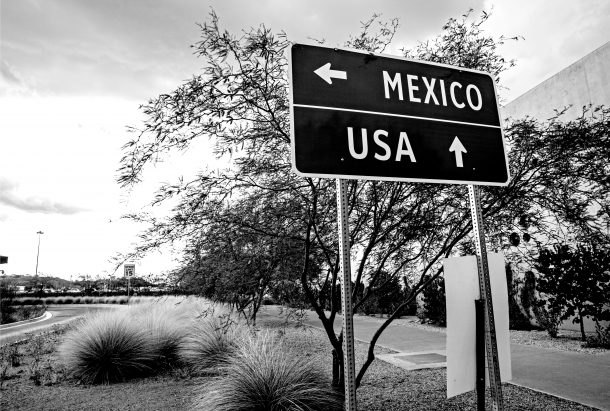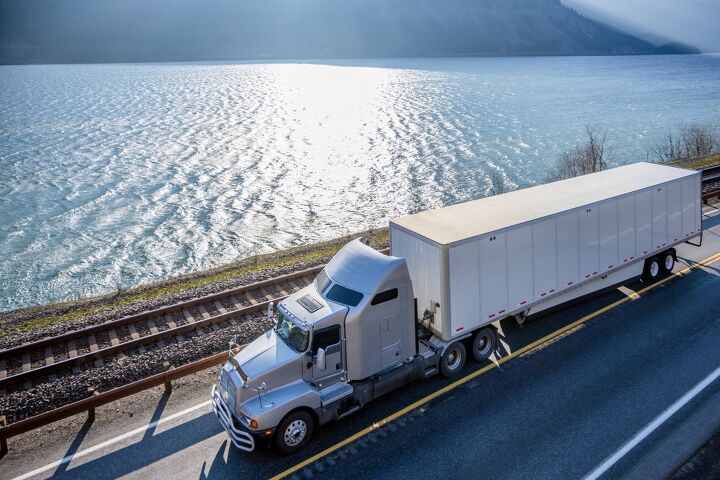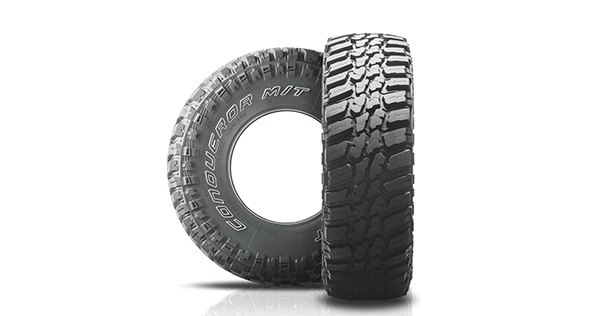#AFL-CIO
U.S. Asks Mexico to Investigate Stellantis' Labor Practices
The United States has requested that Mexico investigate worker rights violations that were alleged to have taken place at one of the parts factories owned by Stellantis. Officials are curious about what’s been happening at Teksid Hierro de Mexico, a facility located in the border state of Coahuila that’s responsible for manufacturing iron casings, in regard to unionization. According to U.S. officials, this is the fourth such complaint under the United States-Mexico-Canada Agreement (USMCA).
Having supplanted the North American Free Trade Agreement (NAFTA) signed into law by the Clinton administration in 1993, USMCA sought to rebalance trade laws the Trump administration believed had disadvantaged the United States. However, it also sought to advance worker protections in Mexico and give employees an easier pathway toward unionization.
Setting the Stage? Mexican Auto Employees Elect Independent Union
When the United States-Mexico-Canada Agreement (USMCA) was being floated as a possible replacement for the North American Free Trade Agreement (NAFTA), one of the biggest selling points was the inclusion of new labor protections for Mexican workers. The Trump administration wanted to ensure serious labor reform took place south of the border to ensure union business was conducted responsibly and wages would increase. As a byproduct, USMCA is supposed to encourage North American synergies while gradually discouraging U.S. businesses from blindly sending jobs to Mexico to capitalize on poverty tier wages.
That theory will now be tested in earnest after General Motors employees from the Silao full-size truck plant voted overwhelmingly to dump the Confederation of Mexican Workers (CTM) for the Independent Syndicate of National Workers (SINTTIA).
Largest Labor Group Says Autonomous Trucks Need Drivers
The Transportation Trades Department for the American Federation of Labor and Congress of Industrial Organizations (AFL-CIO) is spending its Tuesday telling the U.S. House of Representatives Energy and Commerce subcommittee that autonomous vehicles. Though it’s not because they occasionally run amok when left to their own devices. This is a matter of jobs.
Labor leaders have become increasingly concerned by the massive layoffs that will likely accompany the proliferation of electric vehicles, which require fewer components to assemble. But AVs have played second fiddle until fairly recently, with truckers doing most of the heavy lifting themselves. Now, the ALF-CIO is getting in on the action and hoping to convince legislators to establish formal requirements for there to be a driver behind in the wheel of all commercial vehicles over 10,000 pounds.
Tires Made in Southeast Asia Will Be More Expensive
Tires from South Korea, Taiwan, Thailand and Vietnam are about to get more pricey, as the U.S. Department of Commerce (DOC) announced yesterday preliminary duties in the antidumping duty (AD) investigations of passenger vehicle and light truck tires from those countries.


















Recent Comments